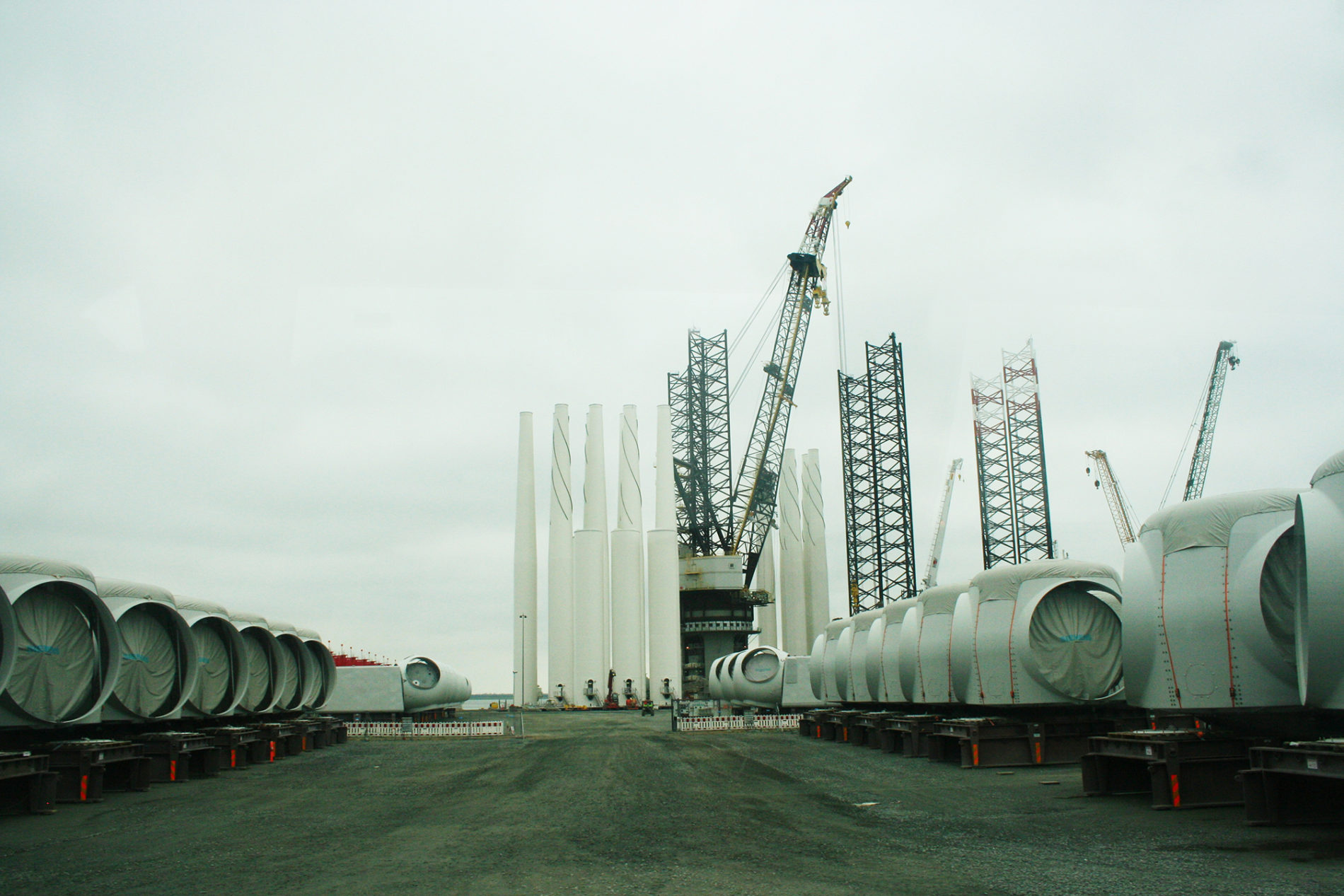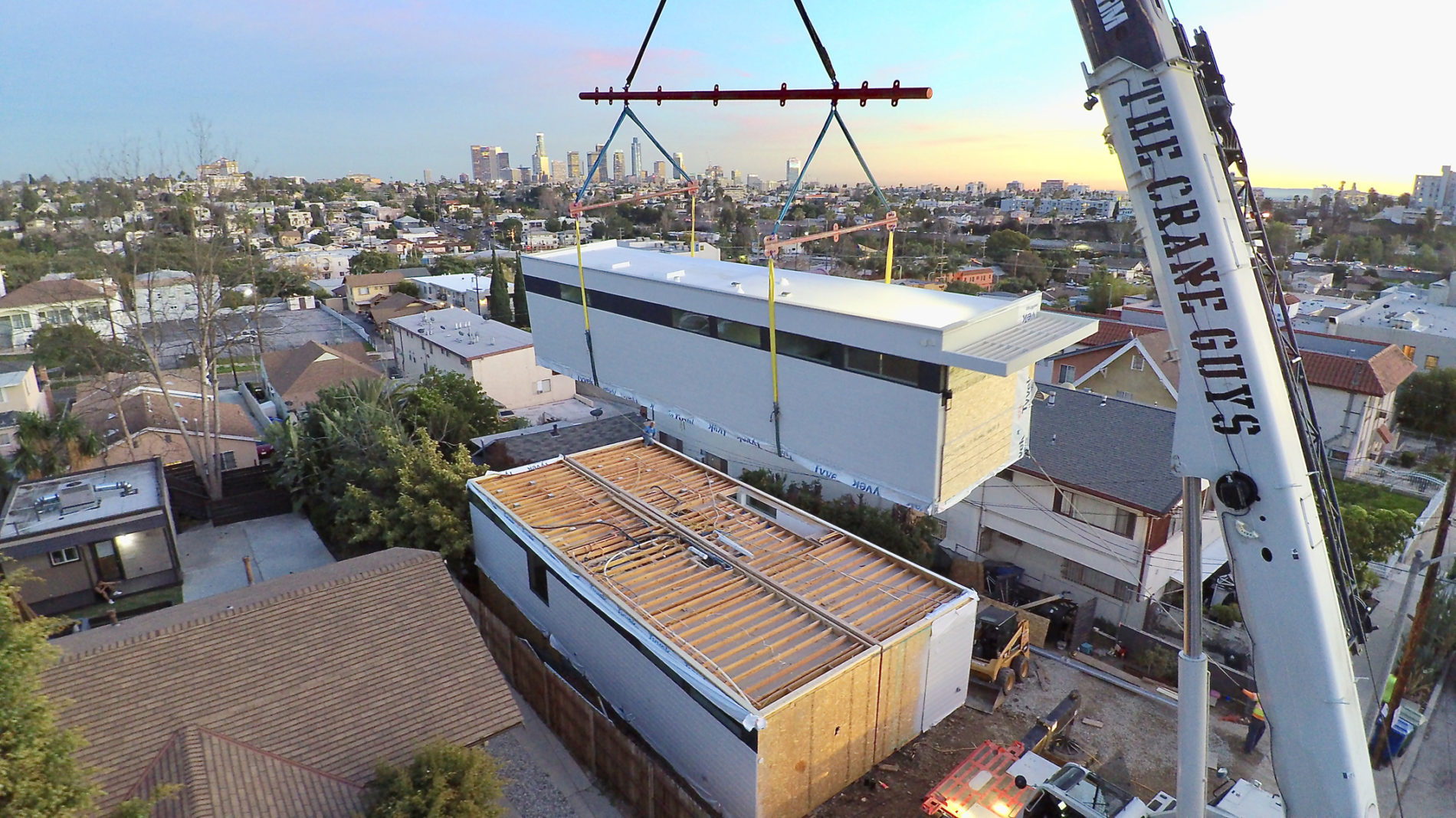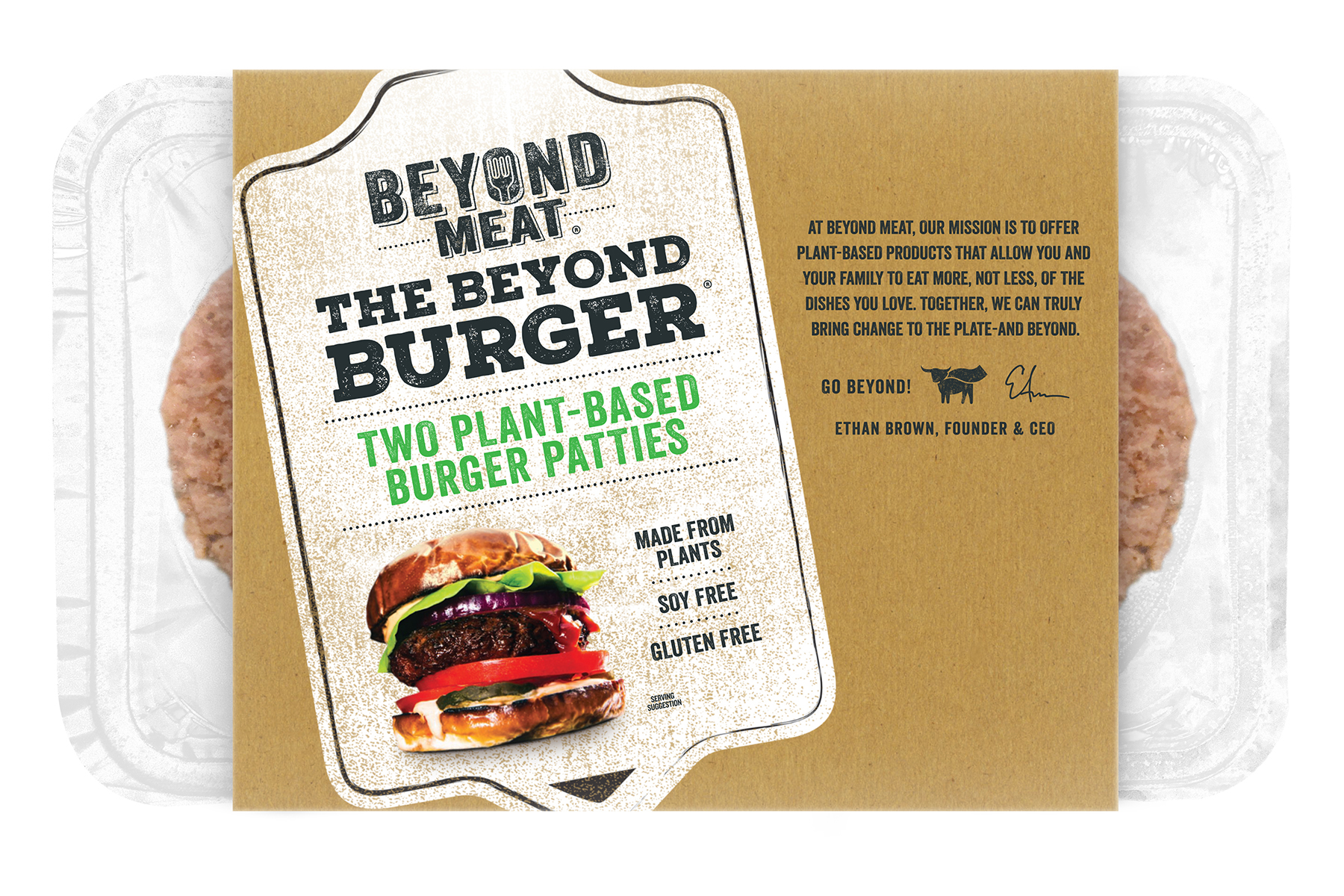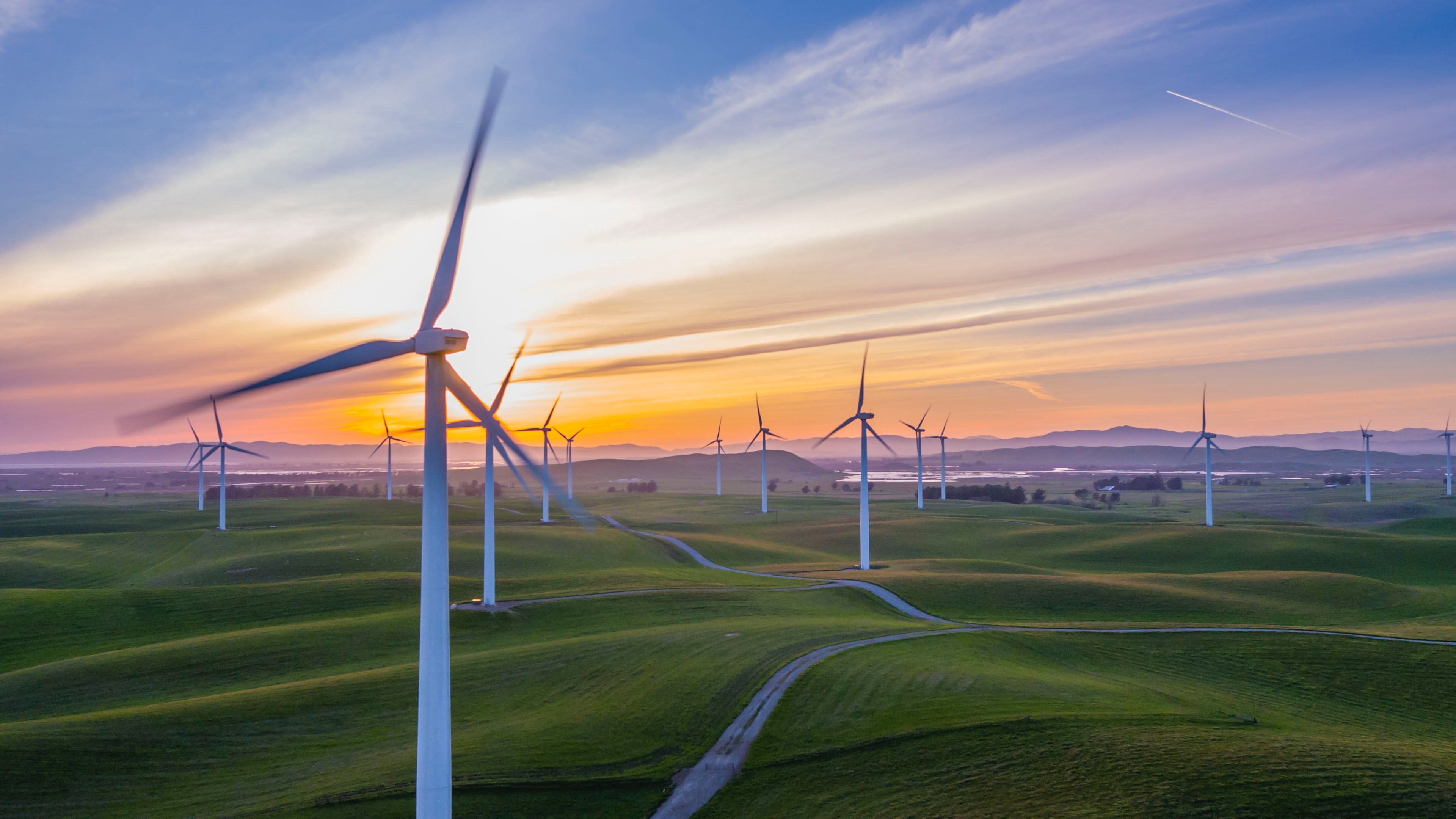Who is responsible for causing the most damage to the Earth, and who is capable of solving our environmental problems and achieving a sustainable present and future?
When discussing solutions for the issue of climate change, it is evident that it must be a collaborative effort from all industry sectors and groups of society to succeed in reaching the targets we have set for ourselves in line with our sustainable development goals and Paris Agreement. Fortunately, many companies now recognise the power and responsibility they hold to influence people and are consequently making a point to make sustainable decisions part of their individual business decisions. By integrating this kind of thinking, a more eco-efficient society is created within the company, which in turn has a bearing on its larger network.
A venture capital that plays a huge part in investing in such businesses is Obvious Ventures, who brand themselves as being #worldpositive. Their mission is to support start-ups and entrepreneurs that are developing solutions for the world’s largest problems in way that is profitable, scalable and positively impactful.
I sat down for a chat with the Managing Director of Obvious Ventures, Andrew Beebe, who has been working with clean technology and clean energy solutions for 15 years. He has worked with some of the largest clean energy companies in the world, including Suntech and Nextera Energy and is currently on the Board of Directors for Sighten and Prefab and a Board Observer for Enbala, Lilium and Proterra. In line with the three areas that Obvious Venture’s investments are categorised by – sustainable systems, people power and healthy living – I was interested to quiz Andrew on his involvement and opinions on a few of these different issues.

In the photo: Andrew Beebe, Managing Director at Obvious Ventures. Photo credit: Obvious Ventures.
Beginning with the energy sector, the global coal production peaked around 2013-14 and has been in decline since, allowing space in the market for renewable energy, however do you not think that mass adoption of renewables has still been rather slow?
I’ve been in renewable energy for 15 years now so for me there’s a big difference. Back then it was truly slow but now it seems quite fast in most regions around the world. If you talk about new energy generation that is being built, I think it’s extraordinarily fast. I’m sure there are pockets where that’s not true – for example India are still building coal but they are opening the floodgates to renewables. So looking at new generation, it’s definitely an upward curve and I think the numbers look pretty good.
Curtailment is an issue in Europe, with more energy being generated than can be used, stored or distributed to other areas. How can we solve this?
This is unfortunately not uncommon in the US either. In California we call it the duck curve; when we map the demand of solar-powered electricity against the amount of energy available throughout the day, too much power is created in the late afternoon so it creates a duck-shaped curve. There are many solutions to this. We invested in a company called Enbala that helps to balance load and generation profiles by helping people shift their demand, like charging your car later in the day when there is more power. We can also store the excess power in batteries. That’s a blunt force instrument that I think will increasingly become the method of choice. We are seeing in the US, and also in Europe, that there are a lot of combinations of wind + storage or solar + storage for all new developments. It’s not always an option but it is becoming a more common pairing. We just need to do to batteries what we did to solar, and drive down the cost.

In the photo: Esbjerg Windfarm Bodyparts, Denmark. Photo Credit: Emily D’Silva
Speaking of solar, there has been speculation that suggests the energy cost and environmental impact of producing solar panels outweighs the return. How true is this?
This is not true at all. About 20 or 30 years it would’ve been accurate, but that is now grossly inaccurate. When I was starting out, it was something like 8 dollars per watt for a solar panel but now we’re at 40 cents per watt, so there’s obviously a huge difference. Back then even we didn’t believe we could get them that cheap. It took a lot of work and scaling of the industry, and during that period we also made solar panels highly recyclable. Glass and silicon-on-ceramic are the primary ingredients, as well as silver. Lead is no longer used now, so they are environmentally fine. In the US there is a recycling tax with each one sold, in a similar way as with batteries. So all costs, even embedded costs, are already built into that insanely low price.
You do a lot of work with sustainable buildings, what exactly does this entail?
One of our companies, PlantPrefab, builds net-zero energy homes in a factory and delivers them on the back of a truck. They are beautiful homes and LEED certified, usually platinum level. There are a lot of great benefits to them, especially since they create 40% less waste as we are not producing them on site. You don’t have to cut everything to measure, you can be a lot more precise about it. And that’s what we look for: a better product that also is better for the environment. That’s what everyone wants and if you can do that cost-effectively, you are changing the world.

In the photo: PlantPreFab Los Angeles Installation. Photo Credit: PlantPreFab
Another habit that is better for the environment is reducing our meat consumption. Some environmental leaders say everyone should become vegetarian, but is this really the only solution?
I think everyone should have the right to eat what they want, but we would definitely have a healthier planet if we were all to eat more vegetables. I also think that particularly with seafood, we need to find ways to bring aquaculture into a more environmentally-friendly, cost-effective and sustainable practice because the oceans hold great promise for feeding the world, but not in the way we are using them today. The same applies to land if we were to move to free-range cattle. I’m sure my vegan and vegetarian friends would say that that is still not good enough but it is certainly a step in the right direction.
I have seen mistakes made with fish farming and of course factory farming on land, which is not great for the planet so we have got work to do. Rather than becoming overweight or diabetic and having a lot of diet-related health problems, I think that we can certainly encourage smarter choices now that more and more people have greater economic freedom.
What is your involvement with food companies producing animal-product alternatives?
We invest in companies like NeyoGo Kitchen, which produces very healthy vegan butters and cheeses. It’s a great product, and tastes fantastic – we eat it all the time at home, we cook with it, we bake with it, it’s terrific. More and more of those options are coming onto the market. We have also invested in BeyondMeat, which is sweeping the nation. It is a very popular plant-based alternative to meat. They are very clever with their sales tactic: instead of being hidden in the tofu/vegan desert, they sell them right next to the other meat burgers. They often outsell the high-end burgers that are in-house brands from major supermarkets. In our household it is common for us to have both meat burgers and BeyondMeat burgers, and everyone is happy either way. There is no question about it, it is a healthier product than a beef burger: no cholesterol, no saturated fats, and no animals died to make the product. BeyondMeat also just launched a line of Italian-style sausages that are shockingly good. We’re going to see a lot more choices that are fresh, organic and fast and there are also a lot more positive happenings on the delivery front with people sourcing things locally.

In the photo: BeyondMeat Burger Patties. Photo Credit: BeyondMeat
That’s true, although with access to foods from across the continent – even out of season – most consumers demand that. While this is theoretically a progressive step, do you think the environment would be better off if we took a step back?
I am conflicted about that. I think the more we can find ways to enjoy what can been sourced locally and appropriately is great. We need to look at affordability and accessibility, which sometimes will mean ordering things from further away. Some of the nutritional value probably gets lost in the shuffle and some of the carbon impact goes up, but as we move more to electric vehicles, cleaner fuels and cleaner generation, I don’t think we need to look at that as a much of a compromise. I would love it if Africa could have the same bread basket impact that Central America has without that being looked at as a negative. There’s a lot of social benefit that would come from it. These are tricky choices but we certainly have to have a look at them holistically.
To round off, what is the most important thing we can do to secure a better future environment?
I would say the most important thing is to vote. Elect people who share your values. Politics aren’t everything but if we start with a consensus value around all of these concerns, I think we will be in a better place.
EDITOR’S NOTE: THE OPINIONS EXPRESSED HERE BY IMPAKTER.COM COLUMNISTS ARE THEIR OWN, NOT THOSE OF IMPAKTER.COM — COVER PHOTO CREDIT: RawFilm









